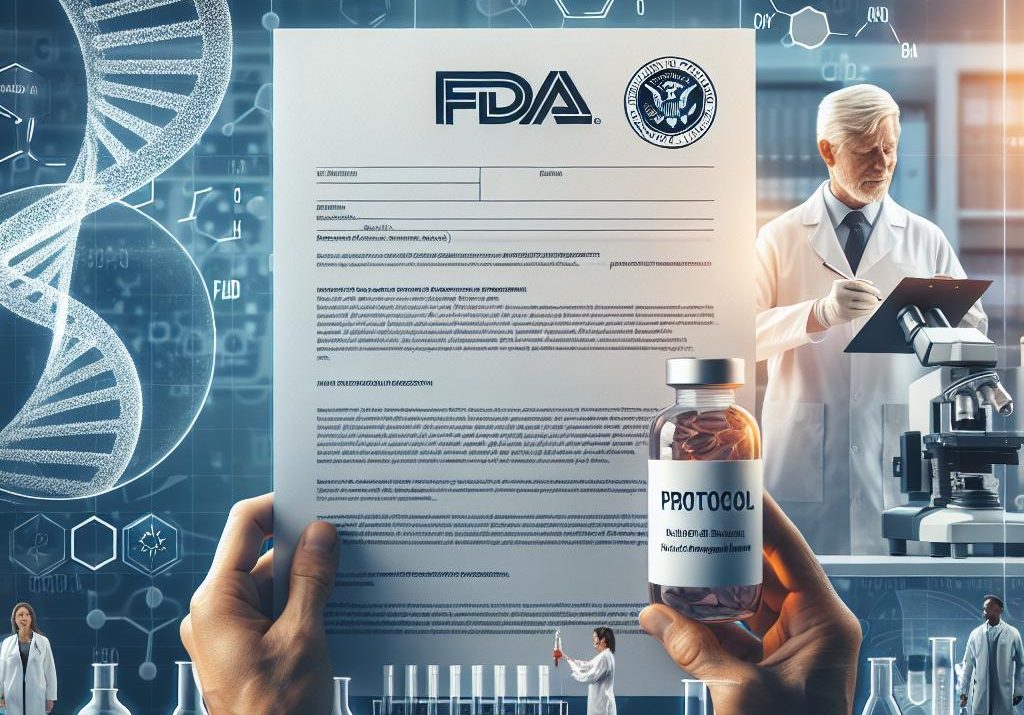Zura Bio, a clinical-stage immunology company, has submitted a Phase 2 study protocol to the FDA for tibulizumab. This drug is a novel dual-action antibody designed to treat systemic sclerosis (SSc) in adults by neutralizing both IL-17A and BAFF. The company believes this dual-pathway approach can address both immune system dysfunction and fibrosis, two key drivers of SSc.
The planned Phase 2 trial is a randomized, double-blind, placebo-controlled study. It will assess the safety, tolerability, and efficacy of tibulizumab in approximately 80 adults with early diffuse cutaneous SSc (dcSSc). Researchers hope to observe improvements in skin and lung symptoms, two significant complications of SSc. The trial includes an open-label extension and is slated to begin in Q4 2024. Zura Bio also submitted an Orphan Drug Designation request to the FDA in the same quarter. It is important to note that tibulizumab is not yet approved by any regulatory authority, and its safety and effectiveness in treating SSc remain unproven.
Systemic sclerosis, also known as scleroderma, is a rare, life-threatening autoimmune disease affecting roughly 300,000 people globally, with approximately 100,000 cases in the United States. The disease is marked by chronic inflammation and progressive fibrosis of connective tissues, primarily impacting the skin and lungs. However, it can also affect other organs like the heart, liver, kidneys, digestive tract, and vascular system. Common symptoms include skin thickening and extreme cold sensitivity in the extremities. Other potential manifestations include muscle issues (numbness and swelling), joint stiffness and reduced mobility, fibrosis in the lungs and heart, kidney problems, and gastrointestinal difficulties such as swallowing problems, heartburn, bloating, constipation, and diarrhea. Currently, treatment options for SSc are limited, highlighting a significant unmet medical need. Only two disease-modifying therapies are FDA-approved for severe SSc-related lung complications, and no treatment effectively addresses the disease across multiple organ systems.
Tibulizumab is an investigational dual-action antibody. It combines elements of Taltz (ixekizumab) and tabalumab, enabling it to neutralize both IL-17A and BAFF. In addition to the planned Phase 2 trial for SSc, tibulizumab is expected to enter Phase 2 clinical development for hidradenitis suppurativa in Q2 2025. Previous Phase 1/1b studies investigated its potential for Sjögren’s syndrome and rheumatoid arthritis.
Zura Bio is focused on developing innovative dual-pathway antibodies for autoimmune and inflammatory diseases. Its current pipeline includes three assets that have completed Phase 1/1b studies: tibulizumab (ZB-106), crebankitug (ZB-168), and torudokimab (ZB-880). The company aims to demonstrate the efficacy, safety, and convenient dosing of these antibodies in various autoimmune and inflammatory conditions, particularly those with unmet needs.
Jon Napitupulu is Director of Media Relations at The Clinical Trial Vanguard. Jon, a computer data scientist, focuses on the latest clinical trial industry news and trends.






